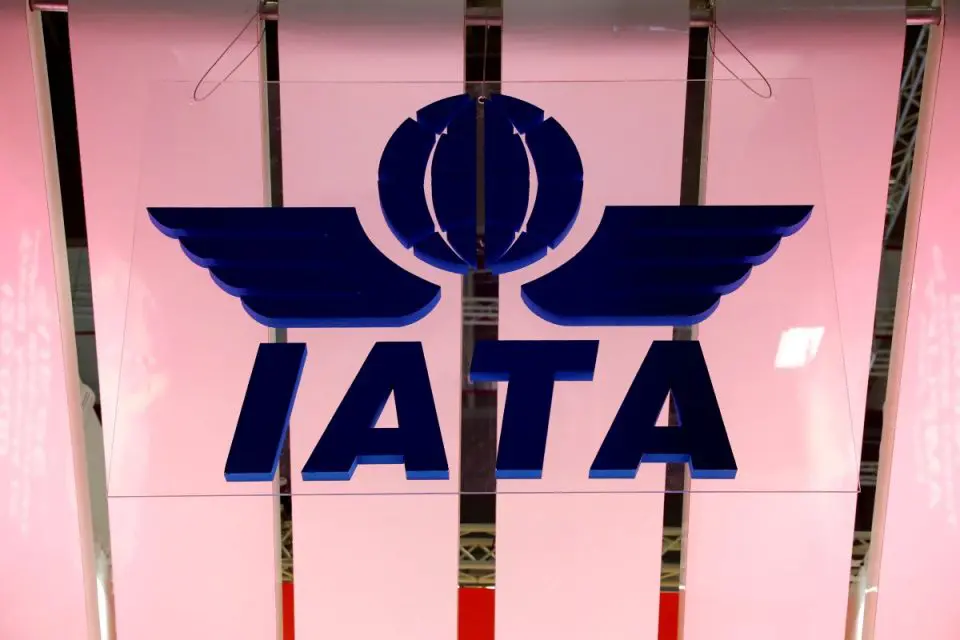KUALA LUMPUR, Jan 9 — The global air cargo market softened in November 2022 as a result of economic headwinds with global demand measured in cargo tonne-kilometres falling 13.7 per cent compared with November 2021 despite November being the traditional peak season, the International Air Transport (IATA) said.
In a statement today, IATA director general Willie Walsh said resilience in the face of economic uncertainties was demonstrated with demand being relatively stable on a month-to-month basis, but market signals were mixed.
“November presented several indicators with upside potential, namely oil prices stabilised, inflation slowed and there was a slight expansion in goods traded globally,” he said.
However, shrinking export orders globally and China’s rising Covid-19 cases were causes for careful monitoring.
On regional performance, IATA said Asia-Pacific airlines’ air cargo volumes decreased by 18.6 per cent in November 2022 versus the same month in 2021. This was the worst performance compared with all other regions and translates into a 14.7 per cent decline in performance compared to October 2022.
“Airlines in the region continue to be impacted by lower levels of trade and manufacturing activity and disruptions in supply chains due to China’s rising Covid-19 cases. Available capacity in the region decreased by 4.5 per cent compared to 2021,” he said.
Besides Asia-Pacific, carriers in North America, Europe, the Middle East and Africa saw a decline in performance in the same month while the Latin American carriers reported a 2.8 per cent increase in cargo volumes in November 2022 compared to November 2021, the strongest performer among all other regions.
— Bernama





